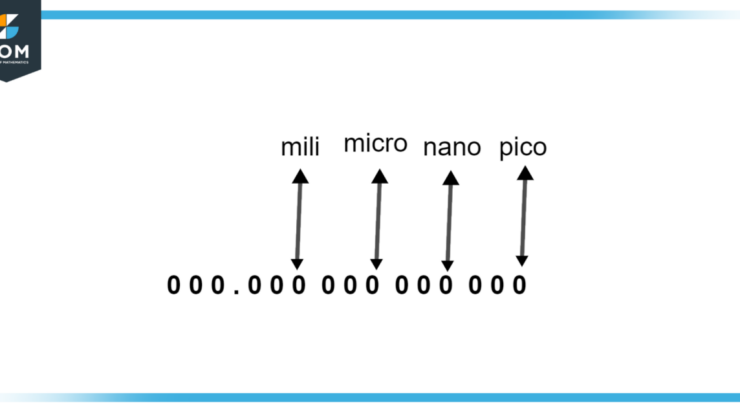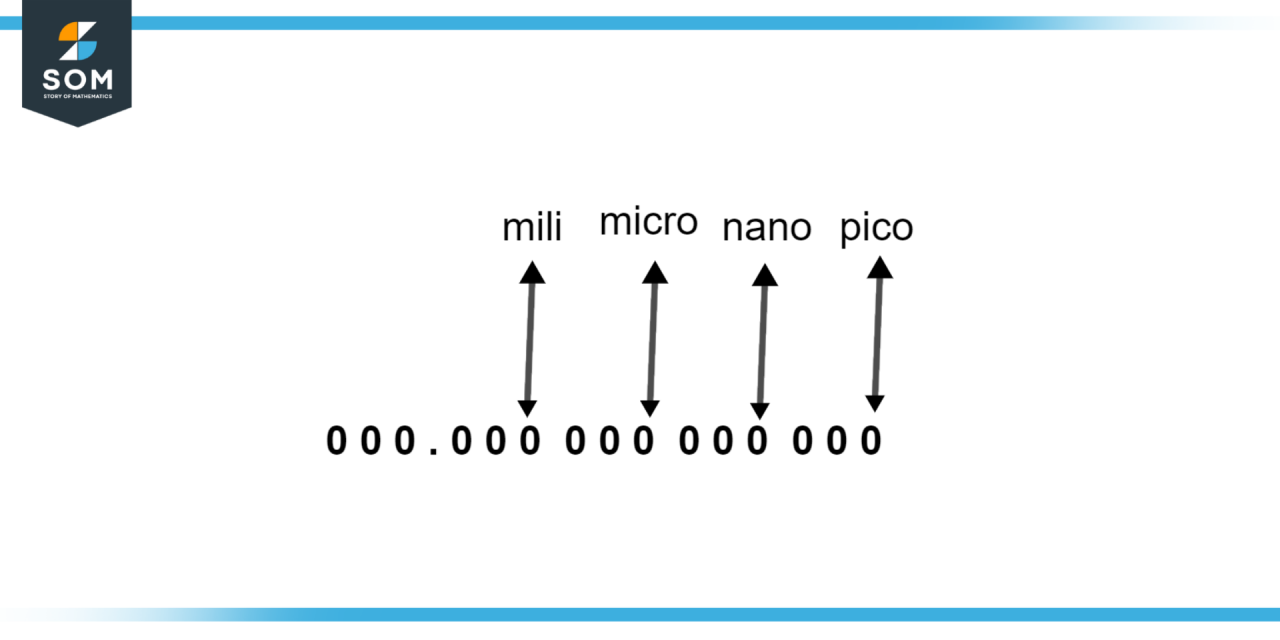
Micro meaning, the intricate interplay between the small and the large, unravels a captivating narrative. From the miniature world of microorganisms to the vast realm of microelectronics, its multifaceted nature permeates diverse fields, shaping our understanding of the universe.
This comprehensive guide delves into the multifaceted significance of micro meaning, unraveling its profound implications across various disciplines.
Microcosm and Macrocosm

The concept of a microcosm, a small-scale representation of a larger system, has been explored throughout history and across various disciplines. It suggests that the patterns and relationships observed within a small system can reflect those found in a larger, more complex system.
For example, the human body can be seen as a microcosm of the universe, with its intricate network of organs and cells mirroring the larger cosmos. Similarly, an ecosystem can be viewed as a microcosm of the Earth’s biosphere, with its diverse species interacting and influencing one another.
Microorganisms
Microorganisms are tiny living organisms that exist in vast numbers and play crucial roles in various ecosystems.
- Bacteria:Single-celled organisms that can be found in almost all environments, from soil to the human gut.
- Viruses:Non-cellular entities that can only replicate inside the cells of living organisms.
- Fungi:A diverse group of organisms that include yeasts, molds, and mushrooms.
Microelectronics, Micro meaning
Microelectronics involves the design and fabrication of electronic devices and systems on a microscopic scale.
- Applications:Computing, communication, healthcare, and military technologies.
- Challenges:Miniaturization, power consumption, and reliability.
- Future prospects:Advanced computing, artificial intelligence, and quantum computing.
Microeconomics
Microeconomics focuses on the behavior of individual entities within an economy, such as households, firms, and consumers.
- Key concepts:Supply and demand, elasticity, and market equilibrium.
- Applications:Pricing strategies, consumer behavior, and resource allocation.
Microfinance
Microfinance provides financial services, such as loans and savings, to low-income individuals and small businesses.
- Types:Microcredit, microinsurance, and microsavings.
- Impact:Economic development, poverty reduction, and women’s empowerment.
Microhistory
Microhistory examines small-scale events and experiences to gain insights into the past.
- Methods:Archival research, oral histories, and local knowledge.
- Challenges:Fragmentation of evidence and limited scope.
- Contributions:Understanding the complexities of everyday life and marginalized perspectives.
Final Summary
Micro meaning, in its multifaceted glory, offers a unique lens through which we can decipher the complexities of our world. Its study empowers us to grasp the intricate connections between the microcosm and macrocosm, unlocking a deeper appreciation for the delicate balance that governs our existence.
Commonly Asked Questions: Micro Meaning
What is the concept of a microcosm?
A microcosm is a small-scale representation of a larger system, reflecting its characteristics and dynamics.
How do microorganisms impact ecosystems?
Microorganisms play vital roles in nutrient cycling, decomposition, and maintaining the balance of ecosystems.
What is the significance of microelectronics in modern technology?
Microelectronics enables the miniaturization of electronic devices, revolutionizing computing, communication, and healthcare.